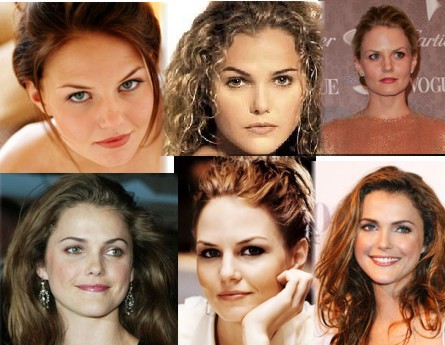Apparently, Juno is all controversial. It’s unkind to people who were adopted as well as to birth mothers to create a comedy about adoption. There’s a lot of discussion about whether Juno is anti-choice.
Shut! Up!
This is where I part ways with many feminists and other activists; where they start criticizing or trying to restrict art based on content. It’s not better to object to a movie based on its supposed anti-choice values than it is to object to a movie based on its supposed liberal values. It all feels like Social Realism thinking to me. I get that a birth mother might not want to see Juno, and might find it painful. And I sympathize. But that doesn’t mean that the subject matter should be off-limits. There are definitely things I never want to see in movies, and movies I avoid as a result. Comedies that everyone loves that I’ve never seen because they feel like they would trigger some serious pain for me.
But that doesn’t mean those comedies shouldn’t be made, nor that they are “not funny” by some objective standard. There is no objectivity with humor.
The more touchy the subject, the harder to do it right. One of my problems with Waitress, which was basically very charming, was the attempt to have a humorous abusive husband. This wasn’t triggering for me; I’ve never been the victim of domestic violence, but it made me uncomfortable.
I didn’t come away from that movie thinking this subject should never be addressed in a comedy. I came away thinking that maybe it can’t be done well, and this movie definitely didn’t do it well. But who knows? If beautifully written and acted, maybe it could illuminate the characters without feeling way out of line. Maybe.
If so, some people will choose to skip that movie anyway, because it hurts too much, and it’s not funny for them. I get that. I just don’t feel like it should be censored in advance, and I don’t feel that people who do find it funny should be accused of being less enlightened or feminist or socially responsible than thou.

